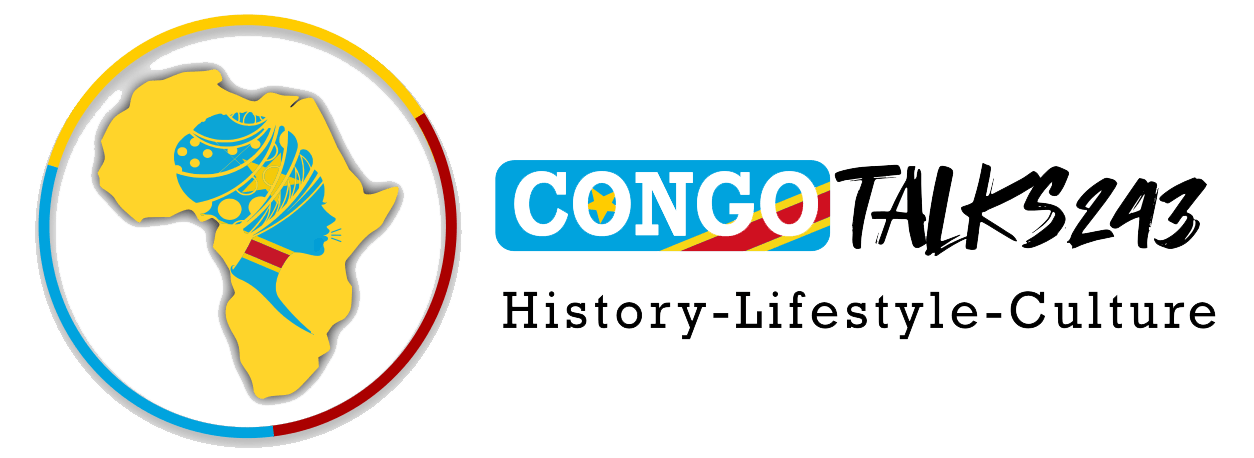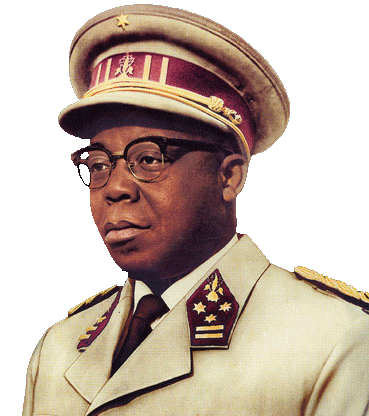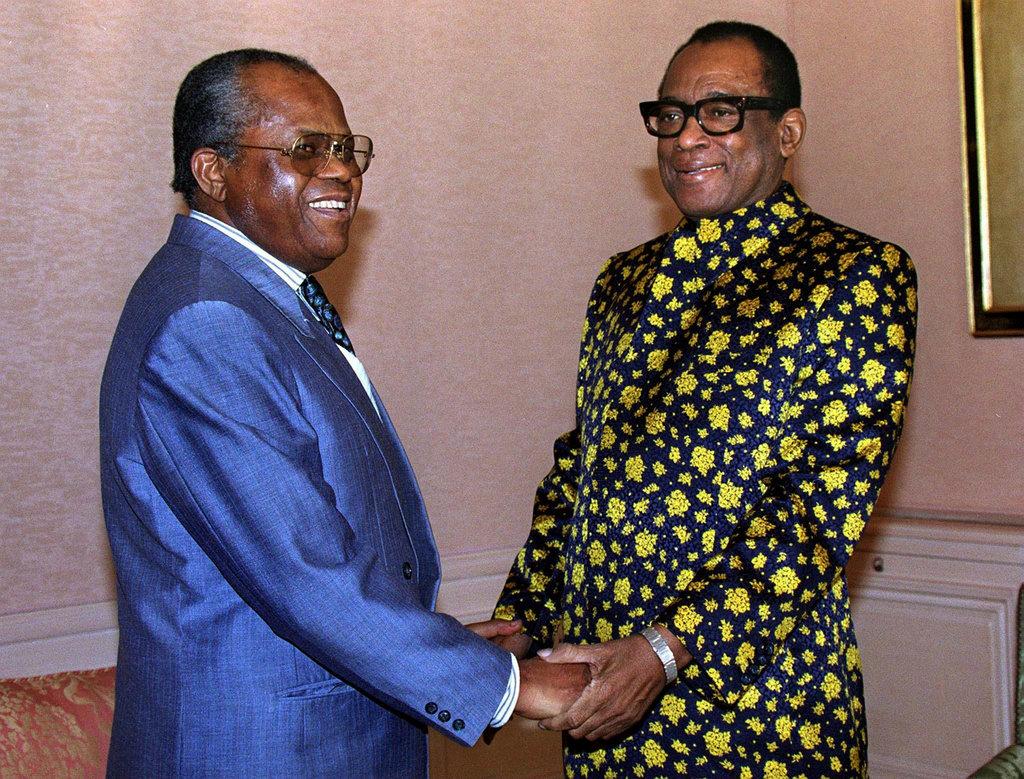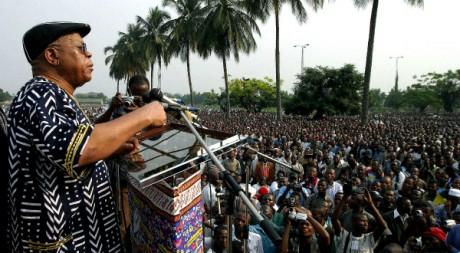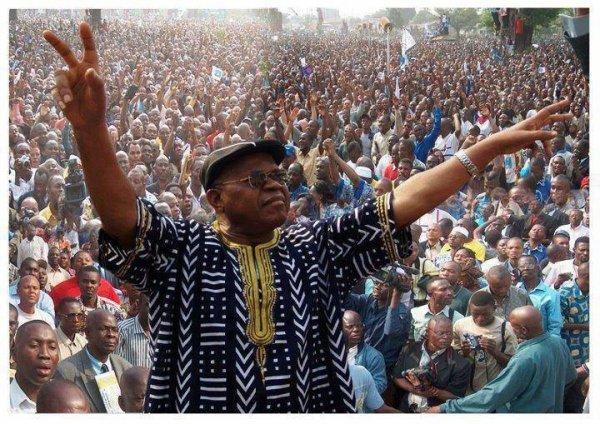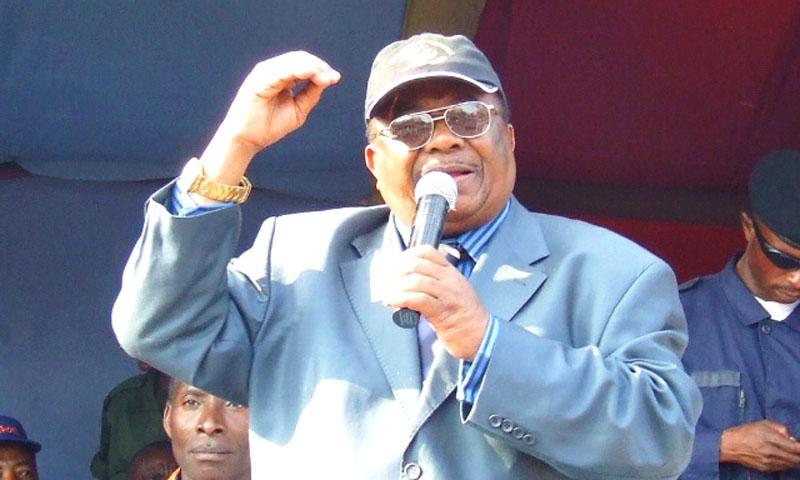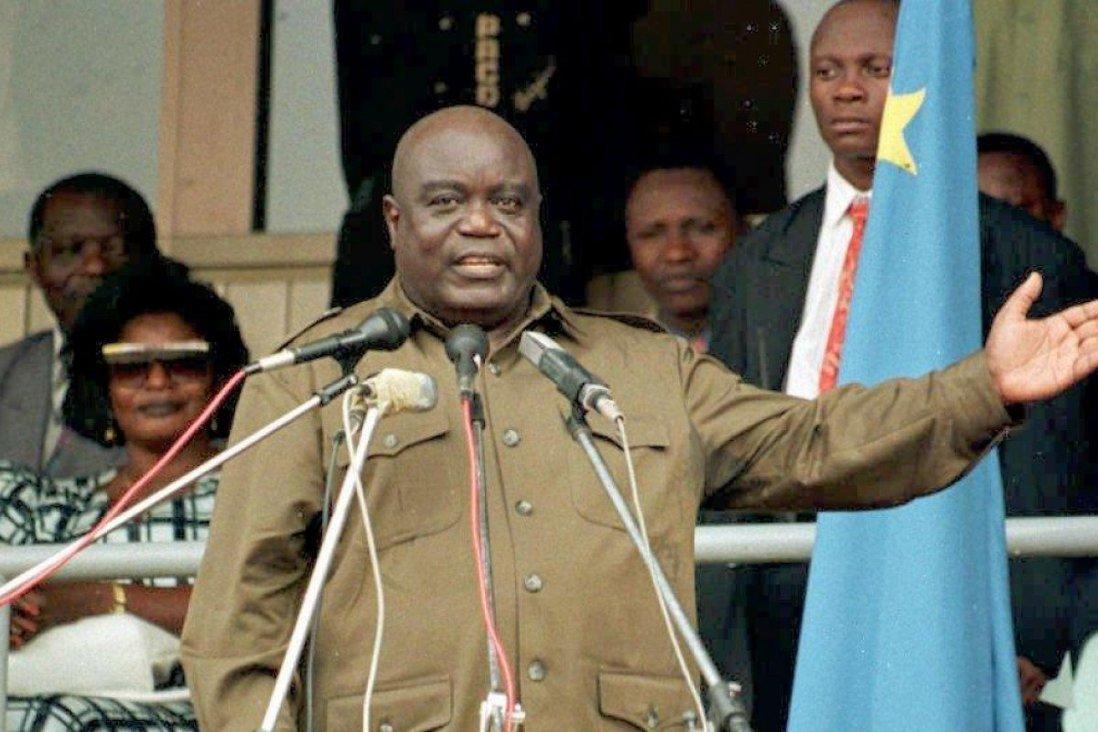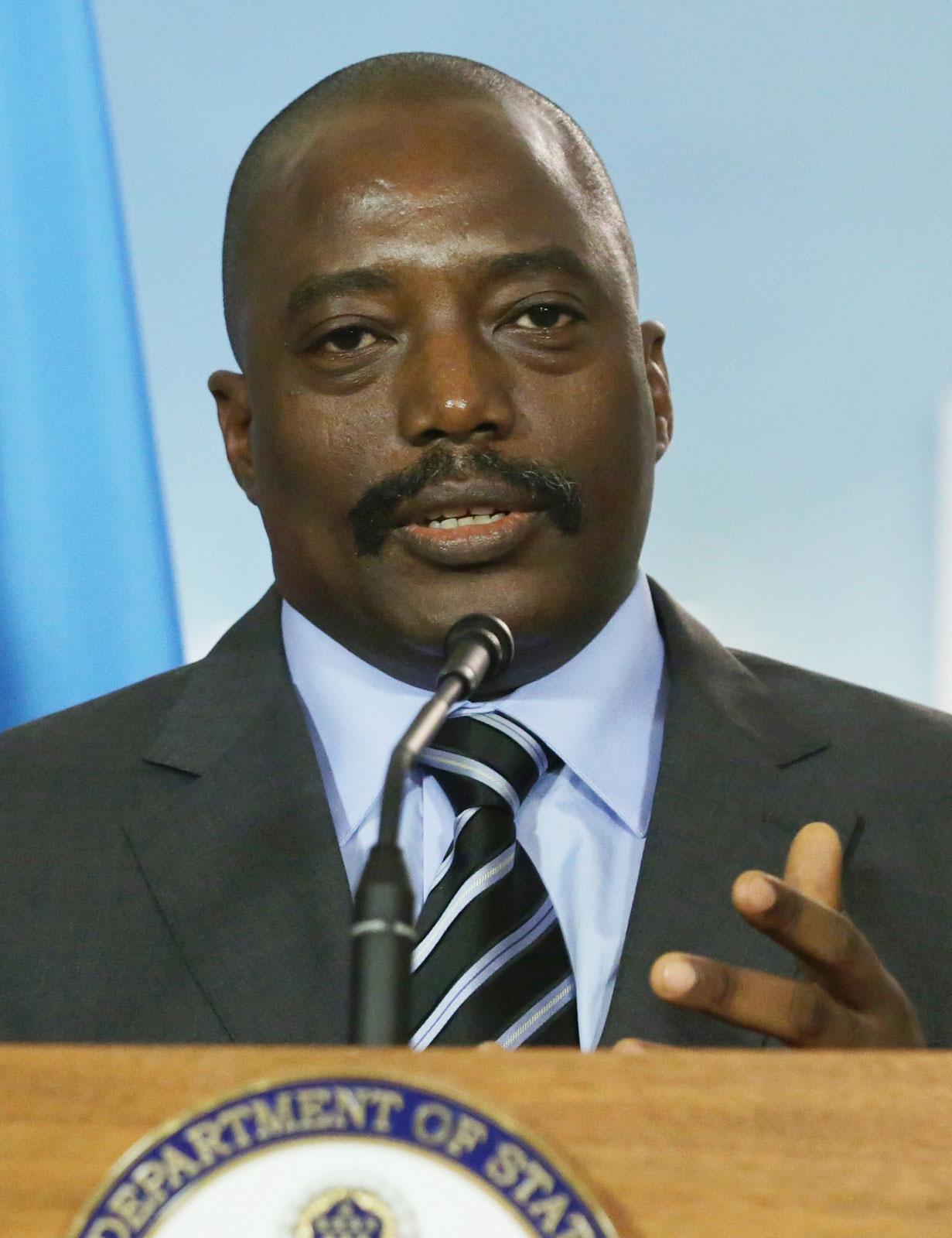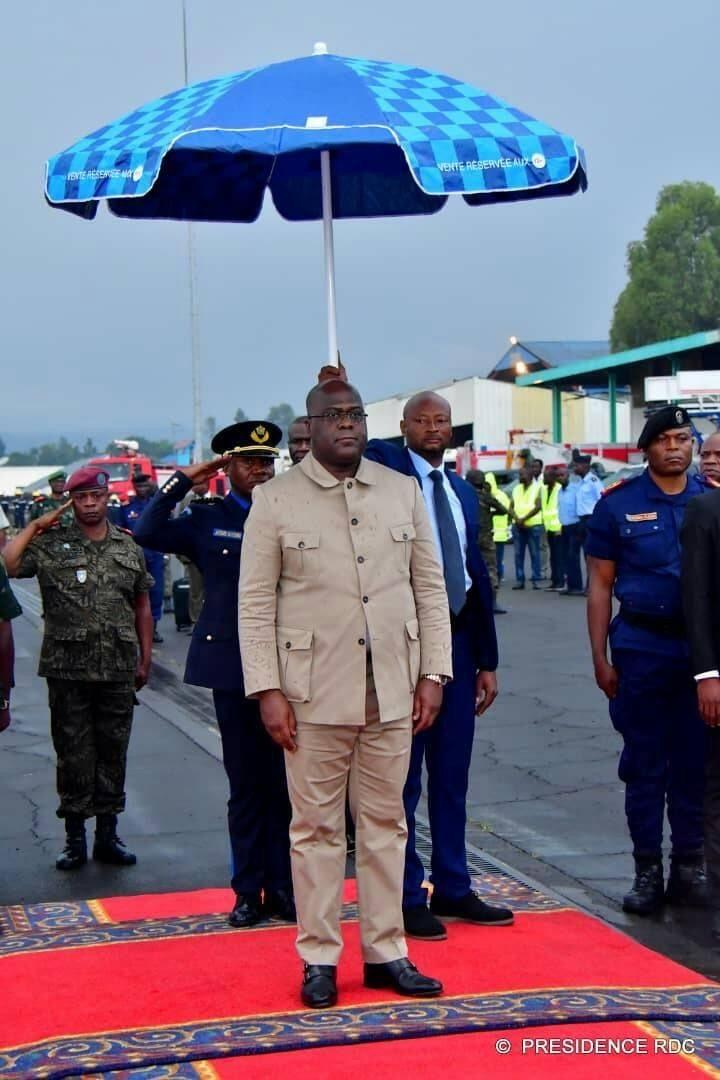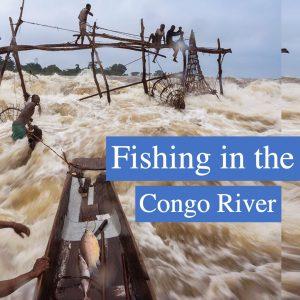Etienne TSHISEKEDI WA MULUMBA, born on December 14, 1932, in Kananga, is one of the prominent figures who shaped the political history of the DRC. Supporters would say that he fought until the end. We have talked about the pre-colonial history of the DRC in different articles but now we will discover the post-colonial history through the history of this Congolese opposition leader, Etienne TSHISEKEDI.
We will find out:
- EARLY LIFE
- HIS POLITICAL JOURNEY
- ETIENNE TSHISEKEDI DEATH
- THE MOST INTERESTING FACTS ABOUT ETIENNE TSHISEKEDI
Let’s dive right in!
EARLY LIFE
Etienne TSHISEKEDI was born on December 14, 1932 in Kananga in the current province of Kasai-Centrale. After his first studies, Etienne went to Kinshasa to study at the university, where he obtained his doctorate in law in 1961 at the Lovanium University of Kinshasa, thus becoming the first Congolese doctor in law. Being in the capital Kinshasa, he started his political career a little earlier than currently most known politicians in the DRC.
POLITICAL JOURNEY
UNDER THE REGIME OF PRESIDENT JOSEPH KASA VUBU: TSHISEKEDI AN ALLY WITH A DIFFERENT POLITICAL PHILOSOPHY
Tshisekedi started his political journey in the MNC, the country’s first political party co-founded by Patrice Lumumba between 1958 and 1959. The MNC stood for “Mouvement National Congolais” (Congolese National Movement in English). Tshisekedi acted as an advisor in the party. But towards the end of 1959, the MNC was divided into 2. There were:
MNC-L: The Unitarist wing, directed by Patrice Lumumba, and;
MNC-K: The Federalist wing, led by Albert Kalonji.
Albert Kalonji went on to lead a secessionist movement in the Kasai region of the DRC, at that time it was known as South Kasaï. This happened between 1960 and 1962; and during this time, Tshisekedi joined Kalonji in South Kasaï, where he acted as the Minister of Justice before the movement was ended by the central government.
UNDER THE REGIME OF PRESIDENT JOSEPH MOBUTU: ÉTIENNE TSHISEKEDI AN ALLY AND AN OPPONENT
We cannot speak of Tshisekedi without speaking about the presidency of Mobutu. President Mobutu seized power in a military coup in 1965, and at that time, Tshisekedi was already a member of parliament. According to Tshisekedi’s own account, Mobutu promised to work with the existing parliament after taking power, and to prove that, he asked the parliament to choose one person from each of the provinces, who would join the new Mobutu government. This is how Tshisekedi, having been chosen by members of his province, joined the Mobutu government. He served as Minister of Customary Affairs and Minister of the Interior.
However, early in the work relationship, Mobutu showed signs he was not interested in a democratic system.
TSHISEKEDI had allied himself with the other political actors to fight the dictatorial regime of Mobutu and after much pressure, the president assigned the responsibility to Tshisekedi to write a new constitution. In 1967, there was a new constitution, which limited the number of political parties to 2. This was done to avoid the creation of political parties based on ethnic or tribalist grounds, while also respecting democratic values.
Shortly before the 1967 constitution was released, Tshisekedi, along with President Mobutu and Justin Bomboko, wrote the famous manifesto called the Manifesto of Nsele in 1967, thus creating the Popular Movement for Revolution (MPR in French), a political party that later became synonymous with the state under Mobutu’s command.
In 1970, while Tshisekedi and other political actors who had influence on Mobutu were sent to work in consulates and embassies, Mobutu abolished the law that allowed for the multiplicity of political parties, thus making his political party MPR the one and only political party in the country. From this point onwards, all other parties that tried to oppose the MPR were violently suppressed. Mobutu the marshal became the living meaning of dictatorship and would go on to stay in power for more than 30 years.
Back to Tshisekedi!
Against the abuses of Mobutu, Tshisekedi co-founded the political party UDPS, Union for Democracy and Social Progress in 1982. From this point onwards, he was arrested multiple times by the Mobutu regime. His popularity also grew with each arrest; it reached one of its highest points in 1988. During this time, Tshisekedi held a public gathering to commemorate the death of Patrice Lumumba. This did not go well with the regime in place, so Tshisekedi was beaten and imprisoned, people were killed and wounded by President Mobutu’s forces and there were clashes everywhere: This is the most significant event in TSHISEKEDI’s life as a political opponent that made him incredibly popular.
Finally, in the 1990s, the power in place weakened as President Mobutu lost support from his Western allies due to the end of the Cold War. With growing opposition at home and the lack of support from the West, Mobutu was forced to legalize opposition. The transition to political pluralism was done through the creation of a National Conference called “La Conference Nationale Souveraine” (CNS), which was led by Archbishop Laurent Monsengwo.
When opposition was legalized, Tshisekedi joined forces with other political actors such as Kyungu wa Kumwanza and Nguza Karl-i-bond in Katanga and they formed a coalition called “Union Sacrée” (Sacred Union in English).
A few years later, they split, one part of them sticking to President Mobutu and another one, the one of Tshisekedi, still remaining in Union Sacrée. Nguza Karl Bond became prime minister under Mobutu and Kyungu became governor of Katanga province. Although Tshisekedi was a very popular opposition leader, he was not able to overthrow the president, partly also because he strongly believed in non-violent opposition. Mobutu remained in power for more than 30 years until Laurent Désiré Kabila led a coup to overthrow him.
UNDER THE REGIME OF LAURENT DÉSIRÉ KABILA THE FATHER AND JOSEPH KABILA THE SON
Laurent Désiré Kabila became president of the republic in 1997, and with the same ideology as Mobutu, TSHISEKEDI has become his opponent as well. The president did not last in power as he was unfortunately assassinated in January 2001 in Kinshasa.
In 2005, Tshisekedi was at the origin of the boycott of the referendum for the establishment of a new constitution for the 3rd republic. He then boycotted elections in 2006, when Joseph Kabila was elected president. He participated however in the presidential elections of 2011.
After Joseph Kabila was elected as president of the DRC, Tshisekedi contested the results as did several international and national organizations. TSHISEKEDI proclaimed himself president of the republic and took the oath of office in his residence. President Joseph Kabila remained president until TSHISEKEDI’s last days as he passed on in 2017.
DEATH
Etienne TSHISEKEDI had health problems and went to Belgium in 2014 to make a triumphant return, expected and acclaimed by hundreds of thousands of Congolese in the capital Kinshasa in 2016. A few months later he traveled again to Brussels because of health problems and then passed away on February 1, 2017. He was replaced by his son at the head of the UDPS. His son ran for the presidency and came out as the winner of the 2018 elections.
INTERESTING FACTS ABOUT ETIENNE TSHISEKEDI
- He was the longest-standing opposition leader Because he stood up to three different presidencies; Joseph Mobutu, Laurent Kabila the Father, and Joseph Kabila the Son.
- Tshisekedi was the minister of Justice in South Kasaï under Albert Kalonji. In the Mobutu government, he served as minister of interior, customary affairs, planification, and justice, etc., but refused to be part of the transitional government in 2003 after the assassination of President Laurent Désiré Kabila.
- The MNC, the first political party in Congo, still exists today.
- Being the first doctor of law, Tshisekedi wrote a new constitution under the Mobutu regime in 1967.
- He was the co-founder of the MPR of Mobutu, the party that later became synonymous with the state, and the Co-founder of the UDPS.
- In 2011, after being unsuccessful in the presidential elections, Tshisekedi proclaimed himself president of the DRC and took the oath of office in his residence to contest the results of the ballot box.
Want to know more about the DR Congo in general? We recommend you follow us on your favourite social media platforms: Instagram (@congotalks243 and @yafelie), Twitter (@congotalks243), TikTok (@yafelie and @congotalks243), Facebook (@CongoTalks243) and LinkedIn (@CongoTalks243), and subscribe to our YouTube channel.
✅ How to support our works: PAYPAL: https://paypal.me/CongoTalks243
For business inquiries related to CongoTalks243, you can reach out at info@congotalks243.com.
